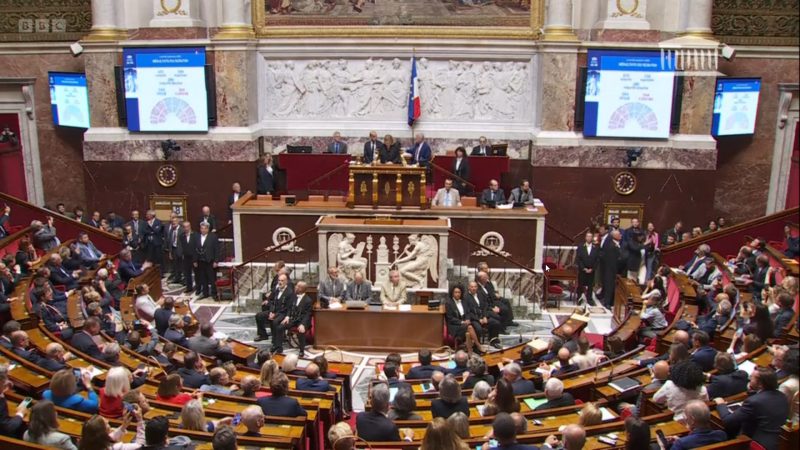France government debt crisis reached a breaking point Monday when Prime Minister François Bayrou actually lost a devastating confidence vote, and this makes him the fifth leader to fall under President Emmanuel Macron in less than two years. The France government debt crisis right now threatens Europe’s second-largest economy as €3.3 trillion public debt equals 114% of GDP.
France’s Government Debt Crisis Deepens With Macron Political Fallout
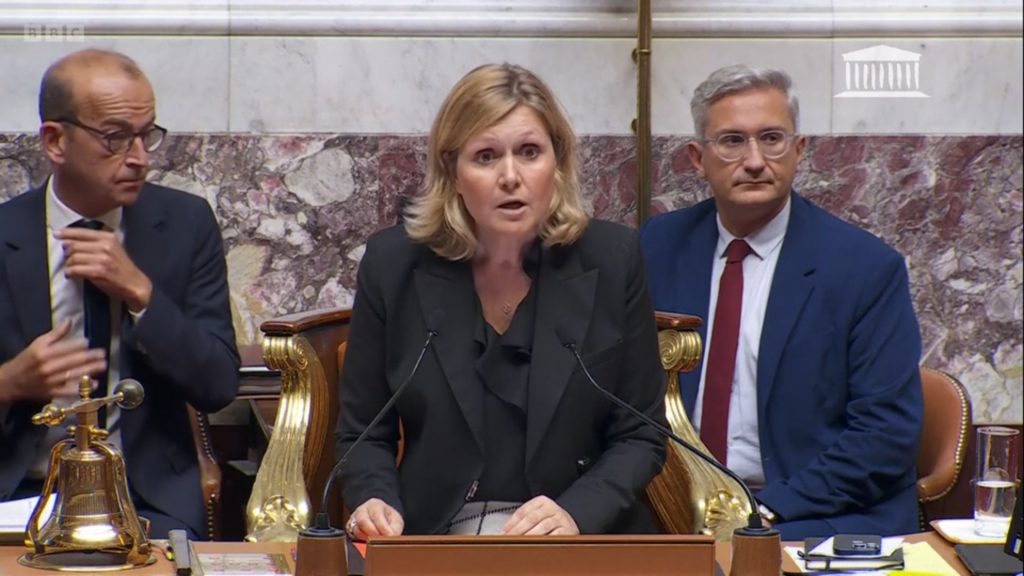

The catastrophic vote was decided by 364 lawmakers who rejected Bayrou’s government against only 194 supporters, along with another 25 abstentions. This particular Macron political crisis stems from the president’s disastrous decision to dissolve parliament in June 2024, which created a fragmented legislature where the France government debt crisis cannot be addressed effectively right now.
Bayrou had this to say before the vote:
“You have the power to bring down the government, but you do not have the power to erase reality. Reality will remain relentless: expenses will continue to rise, and the burden of debt, already unbearable, will grow heavier and more costly.”
Opposition Forces Unite Against Debt Solutions
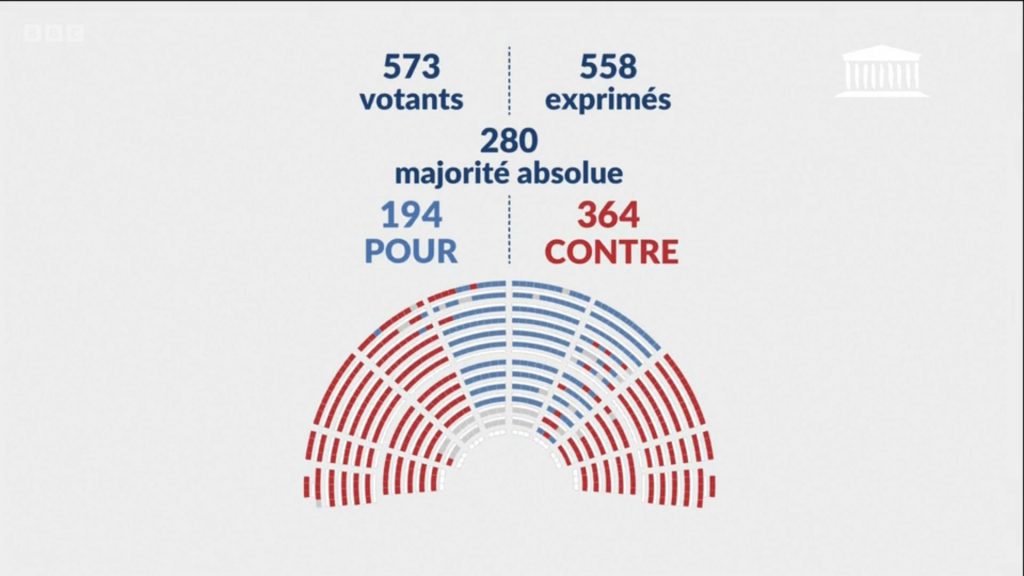

Jean-Luc Mélenchon of France Unbowed stated:
“Macron is now on the front line facing the people. He too must go.”
Marine Le Pen declared during her speech:
“This moment marks the end of the agony of a phantom government.”
The Bayrou no confidence vote actually united opposition parties from both extremes against his €44 billion austerity package that was designed to tackle the France government debt crisis. Le Pen’s National Rally, which holds 138 seats, switched from abstaining to actively supporting Bayrou’s ouster.
Also Read: France To Attend BRICS 2026 Summit in India? Modi & Macron Call Hints
Mounting Economic Pressure
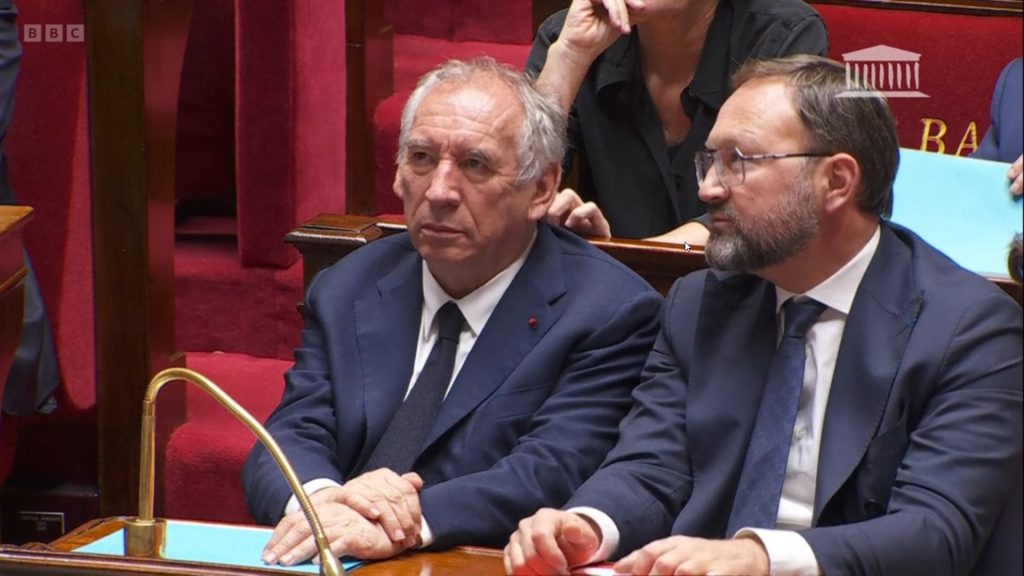

France borrowing costs have been rising sharply as the debt crisis deepens even more. Political analyst Alexandre Kouchner noted that the vote revealed “clear cracks and divides” within Macron’s coalition, which worsens the Macron political crisis at the time of writing.
Assembly President Yaël Braun-Pivet announced:
“The National Assembly has not approved the prime minister’s general policy statement. The prime minister has to submit the resignation of the government to the president of the republic.”
What’s Actually Next for France
The Élysée Palace confirmed that Macron will name a replacement “in a matter of days.” However, France borrowing costs continue rising as markets worry about the unresolved France government debt crisis right now. With €3.3 trillion public debt and no parliamentary majority, any new prime minister faces the same impossible challenge.
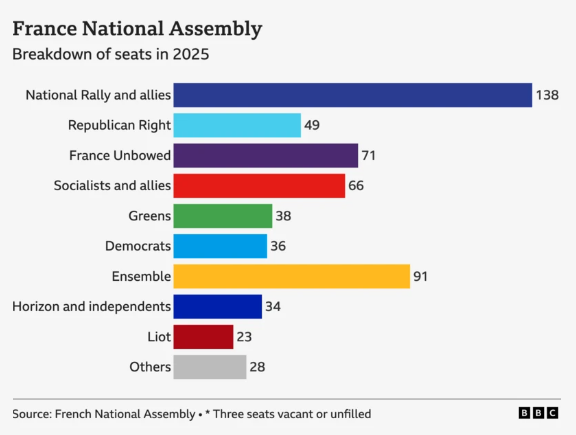
Marc Fesneau of Bayrou’s Democratic Movement said:
“We have to find the ways and means to solve the problems. French people don’t want a debate… they want us to work for them.”
The Bayrou no confidence vote leaves France’s massive debt burden unresolved, with the Macron political crisis deepening as opposition parties demand new elections or even the president’s resignation.
Also Read: France to Tax Bitcoin Gains Before They’re Realized—How Will It Affect You?





